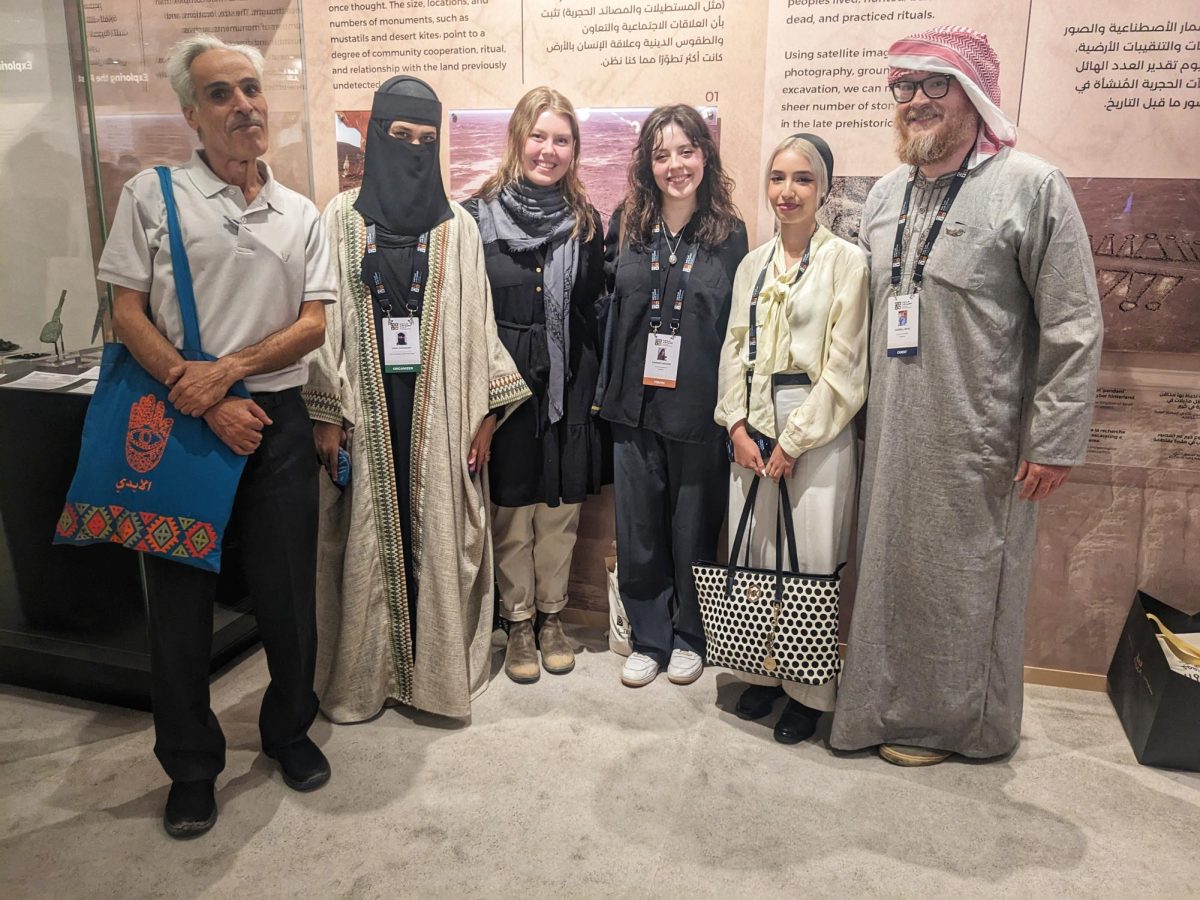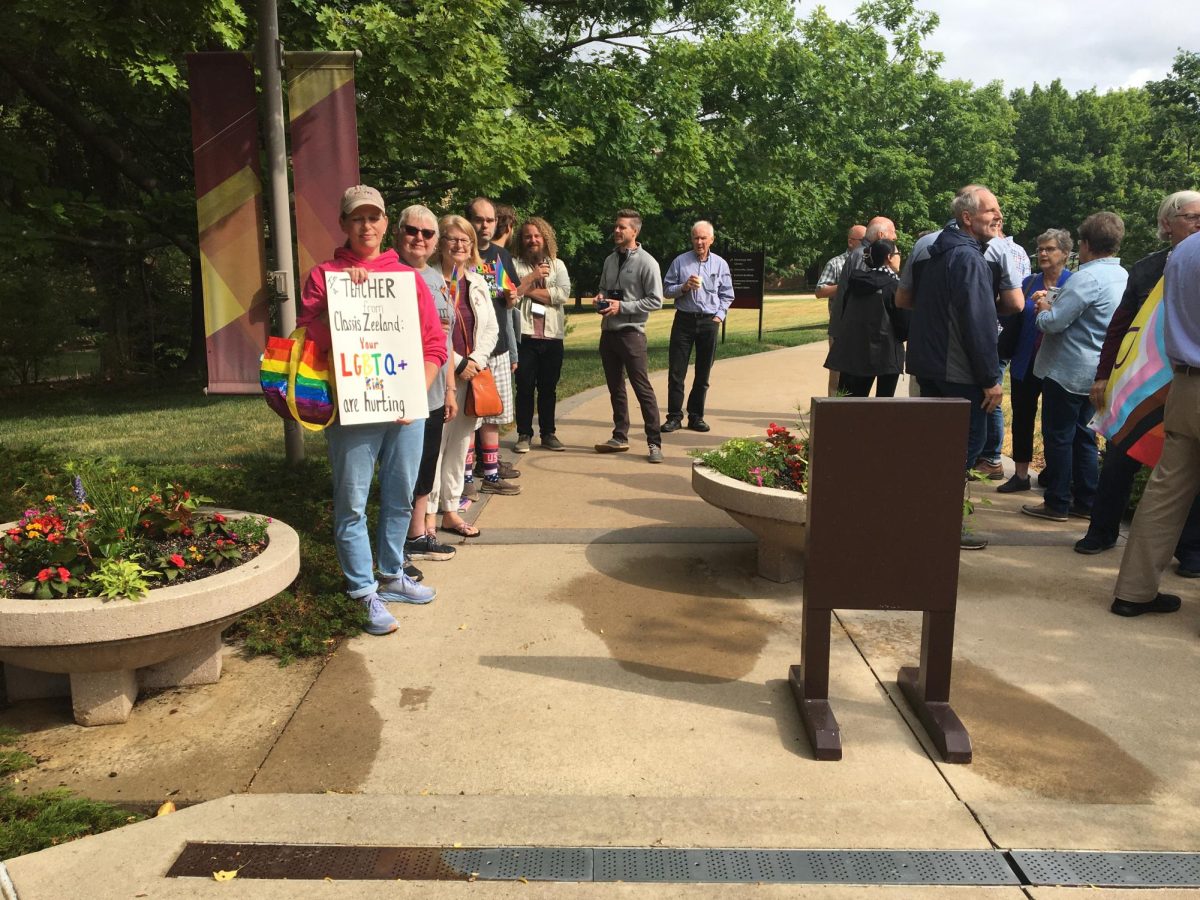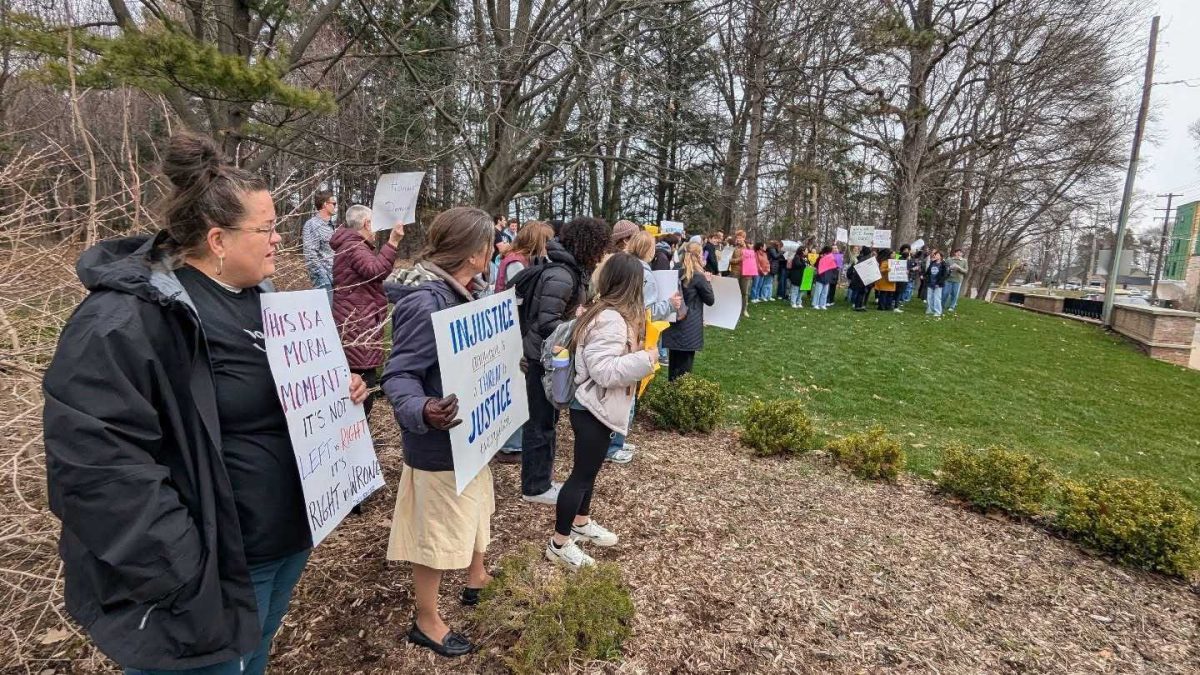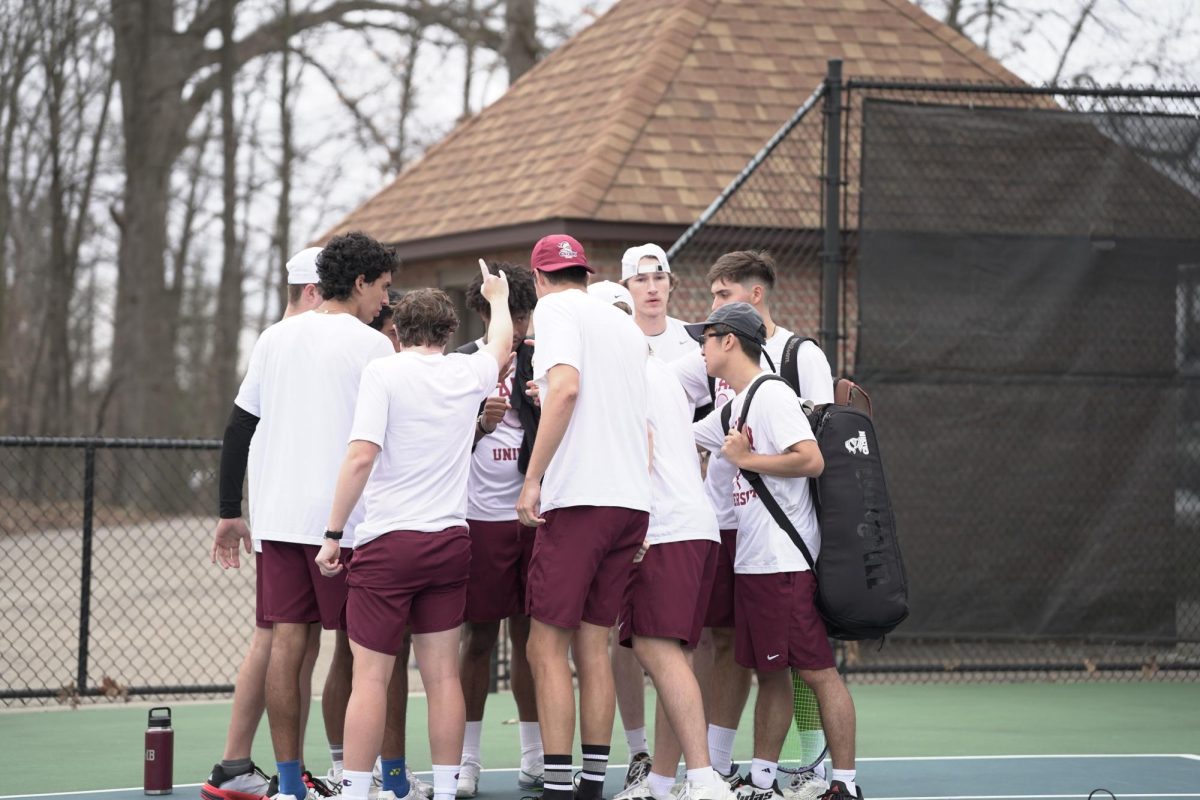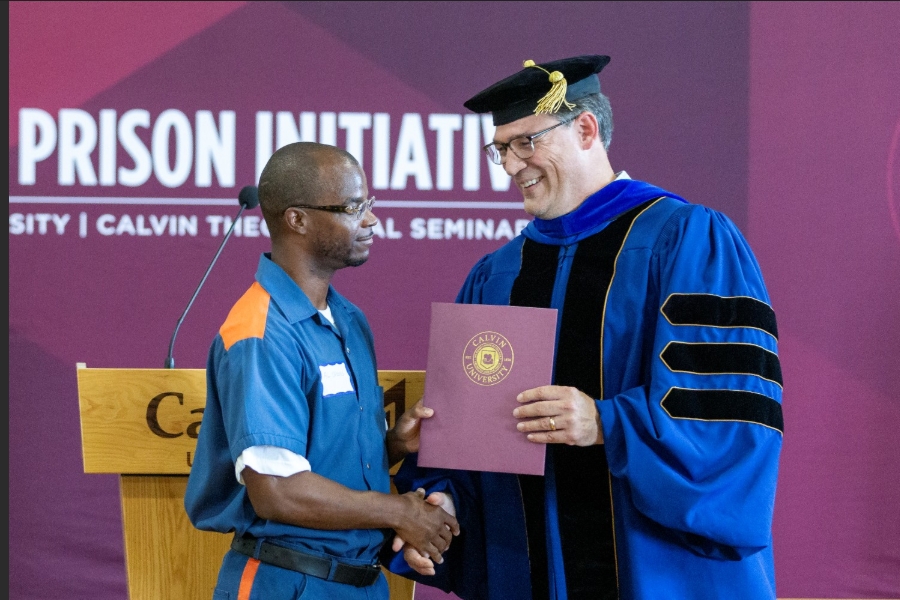The AlUla World Archaeology Summit — a gathering attended by students and eminent figures in academia, industry and government who are interested in interdisciplinary work as it relates to understanding the past to inform the present, according to their website — was held last week from Sept. 13-15 in Al-’Ula, a city in northwestern Saudi Arabia.
Darrell Rohl, professor of history and director of Calvin’s archaeology department, attended the conference with two Calvin students Parker Nanzer and Abigail VanDoorne. “We were brought together to be in dialogue about the shared challenges that we face in the areas of archaeology and cultural heritage and how those can help the world,” Rohl said.
Rohl is co-directing two fieldwork projects in Jordan: the Hisban North Church Project and the Umm el-Jimal Project. According to Rohl, “archaeology is our best and most comprehensive means of understanding the human past,” Rohl told Chimes.
Financial support from the Saudi government allowed Rohl, Nanzer and VanDoorne to attend the conference.
The invitation reflects some recent changes in the Saudi government. On April 25, 2016, the Saudi government announced the long-term project Saudi Vision 2030, which intended to diversify its economy and improve its citizen’s welfare. To help ignite their tourism industry, Saudi Arabia is encouraging archaeologists to study its rich history. “Saudi Arabia is looking to become the next leader in archaeology and cultural heritage on a global scale,” said Rohl.
Changes can also be seen in the conference itself. According to Rohl, “until recently, it was not acceptable in Saudi Arabia…to talk in anything other than negative terms about any pre-Islamic religious practices in Saudi Arabia.” Now, however, Rohl said the directors of the Saudi Heritage Commission want scholars like him to explore archaeological sites from non-Islamic cultures. “I had indicated I would be interested in investigating archaeological sites that were formerly Christian communities but transitioned to early Islam and there seems to be quite a bit of interest and excitement,” said Rohl.
According to Rohl, the conference’s theme of identity “called us to celebrate our different identities, which is reflected in culture and our common identity, which is human.” Rohl believes that this theme parallels the Christian belief that all people were created in God’s image.
Another focus the conference highlighted was the importance of sustainability and protecting archaeological sites and artifacts, which mirrors the responsibility of “Christians to be good stewards and take care of ourselves, our community, and the things that were left to us,” said Rohl. The conference also emphasized the theme of “accessibility, [which] was also advocated by the CRC and discussed how good things should be accessible to everyone because it is our responsibility to share what we have with each other,” said Rohl.
For Nanzer and Vandoorne, the program offered an opportunity to engage with the archaeology sector. Because Calvin offers only a minor in archaeology, “there is only so much about the field you can learn as an undergraduate,” according to Nanzer who is majoring in history with a minor in archaeology. As a senior, Nanzer said that “it was the best experience of my life so far, seeing all the directions you can go with archaeology at the conference was really encouraging” as she plans for her own career.
For some Americans, the idea of traveling to Saudi Arabia and other Middle Eastern countries raises concerns about safety. Rohl dealt with these nerves when he made his first trip to Jordan almost 20 years ago. “I was really nervous and my family and friends were terrified,” said Rohl. However, once he was in Jordan, he “felt entirely safe and comfortable.”
According to Rohl, “There was not a moment when I felt unsafe or uncomfortable in Saudi Arabia. I have no hesitation in bringing my wife and my children there.”
Vandoorne also felt safe while visiting Saudi Arabia. “I felt safer there than I usually do when I walk on the streets in the United States,” Vandoorne said.
Representatives from Calvin may have the opportunity to attend future Middle Eastern conferences. According to Rohl, Calvin’s archaeology department is preparing for “a summer one-term off-campus program of Middle East study tour for three and a half weeks in Jordan at the site of Umm el-Jimal and three to five days in Israel/Palestine. This will provide students with an opportunity to do archaeology fieldwork or study the modern Middle East,” said Rohl.




